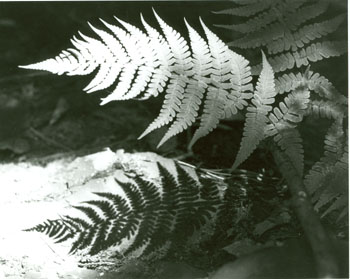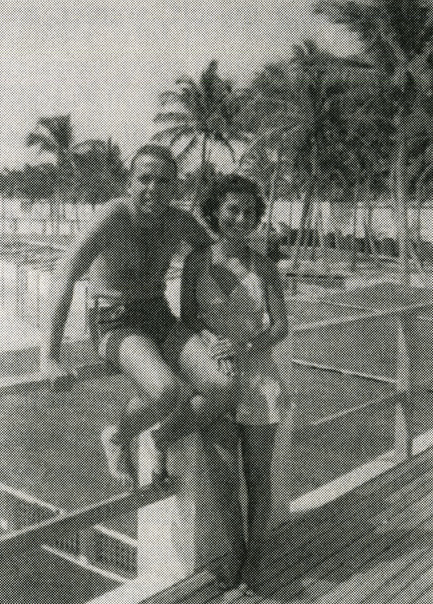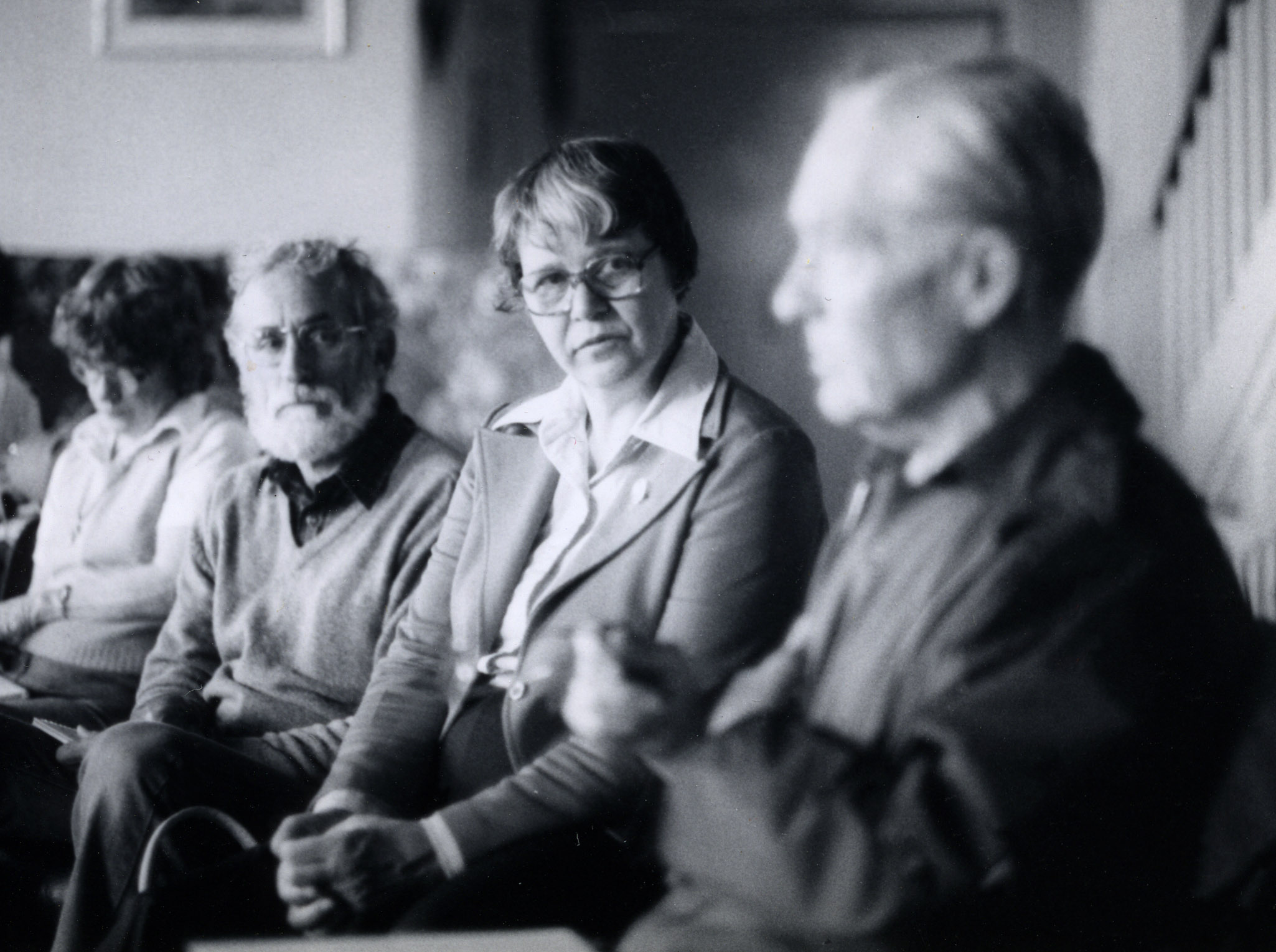Arthur P. Mange Photograph Collection

Arthur P. Mange taught in the Biology Department at University of Massachusetts Amherst for 31 years before retiring in 1995. A co-author of numerous works in human genetics, Mange served on the chair of the Conservation Committee in Amherst, and currently serves on the Burnett Gallery Committee. In 1983, his New England images were featured in Across the Valley (from Cummington to New Salem) held at the Burnett Gallery. This exhibition was followed at the Hitchcock Center in 1984 with Delight in Familiar Forms (celebrating some well-known plants and animals), with Ring Bell to Admit Bird at the Jones Library and Net Prophet at Cooley Dickinson Hospital. Architectural Sights — Big and Small, Mange’s most recent show (2002), appeared at the Burnett Gallery. In addition to exhibitions, Mange has also donated collections for fund-raising auctions at New York University, the Cooley Dickinson Hospital, the University of Massachusetts Fine Arts Center, the Amherst Historical Society, Jones Library, and the Amherst Community Arts Center.
His photographic collection spans more than half a century of subjects reflecting his varied interests in animals, plants, our region, gravestones, what he calls “whimsical signs,” and attention-grabbing shadows.



